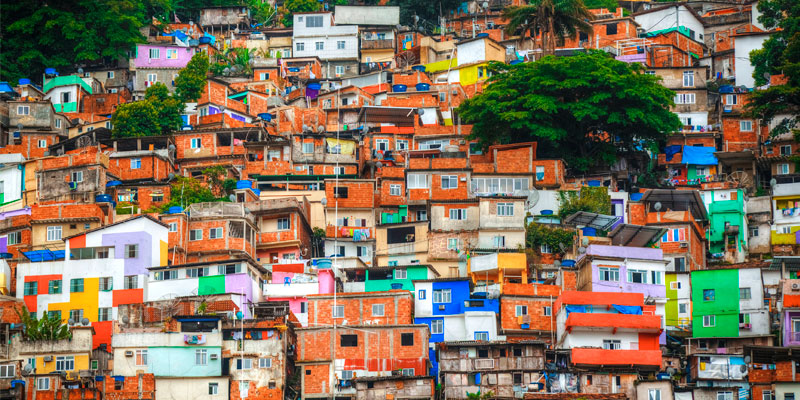Enhancing the capacity of community health workers to deliver women’s health rights during epidemics
-
Case study
- Justice and Equality
- Health and Wellbeing
Brazil's community health workers (CHWs) are at the forefront of day-to-day health service delivery to women and children affected by Zika.

Mothers [caring for children with Zika] are abandoned by partners, have little access to therapies and interventions vital to their child's development, are subject to abuse by passengers on public transport, and are unable to afford the high costs of equipment considered as basic in the UK.
The issue
However, they are underfunded, insufficiently trained and excluded from policy making. Can we build up the capacity of CHWs to work synergistically with grassroots mothers’ movements to meet needs and demands, mobilise communities, and advocate for more participatory policy making?
The social and economic impacts of Zika among women in Brazil are severe. Public health systems are chronically underfunded, resulting in women shouldering much of the care when babies are born with congenital Zika syndrome, which may cause microcephaly (smaller head circumference).
Community health workers (CHWs) and social movements work closely with these women, becoming their most important support structures. Research has identified the important contribution of CHWs, but their potential to make a difference at community-level is both under-recognised and under-mobilised by policymakers.
The research
This research project is in collaboration with Fundação Oswaldo Cruz, a leading public health research institution in Latin America, and social movements in the state of Minas Gerais, Brazil. It involves extensive consultation and fieldwork including interviews, focus groups and meetings with CHWs and community representatives. Using these participatory methodologies, we have been able to identify important gaps in public health policies in response to the Zika virus.
The outcome
Through providing training and support programmes, the project has developed the capacity of Brazil's CHWs, as well as creating long term capacity for mothers to claim rights for children with congenital Zika syndrome.
Our work has sensitised state actors to the need for more inclusive health policies. We have produced health-related materials to assist public health campaigns.
We have developed CHWs’ capacity to address the needs and demands of Zika-affected populations and to influence policy making decisions. This was achieved primarily by engaging in organisational and leadership skills development, training activities, and the co-production of health-related educational materials.
We have partnered CHWs with grassroots mothers’ social movements reclaiming agency over their lives and their children’s health and social care.
We have extended our capacity building and leadership development initiatives to these movements to enhance their ability to claim rights and achieve long-term transformational change.

João Nunes
Dr Nunes is an expert in global and community health, neglected diseases and Brazilian health policy.
